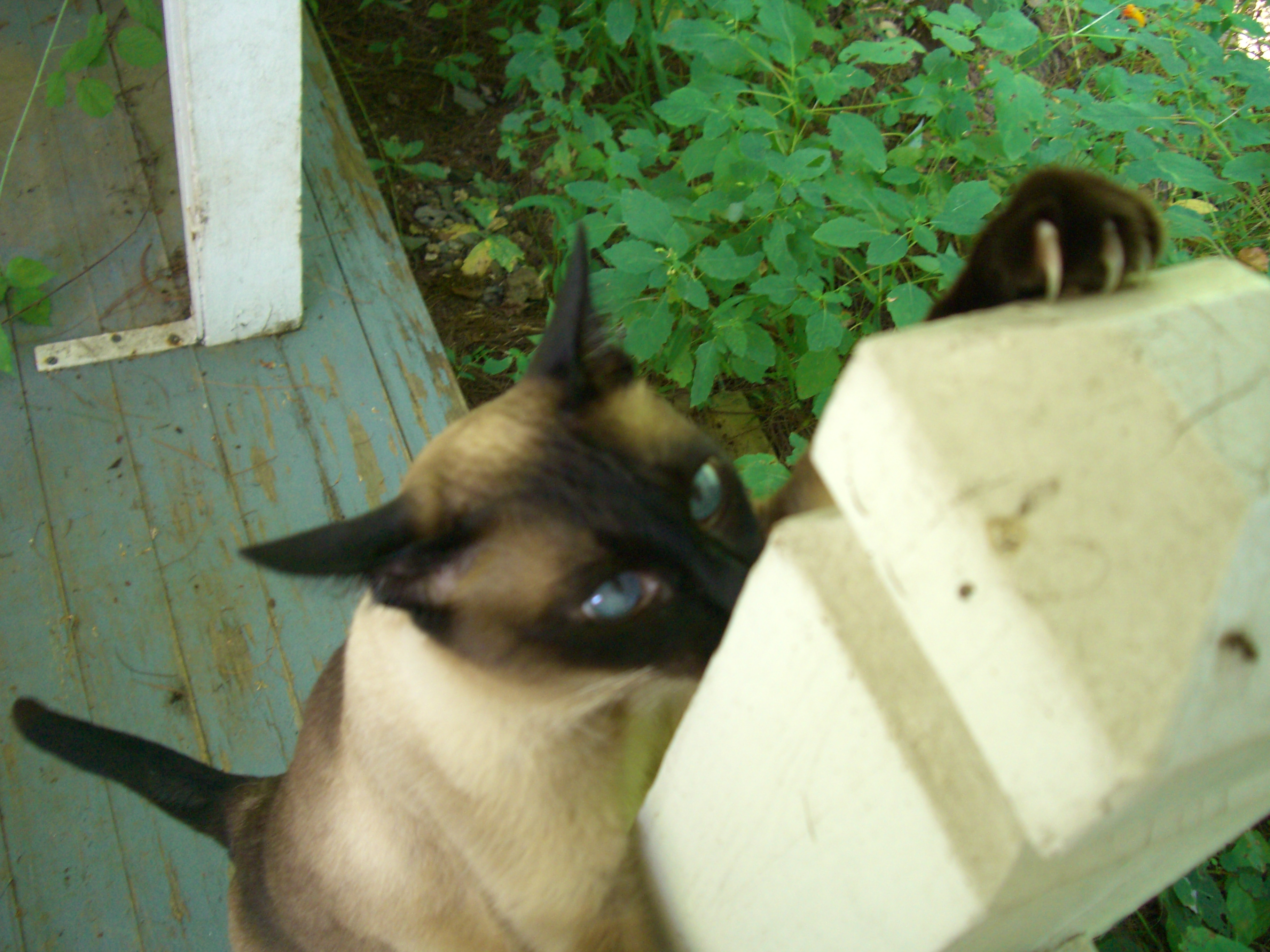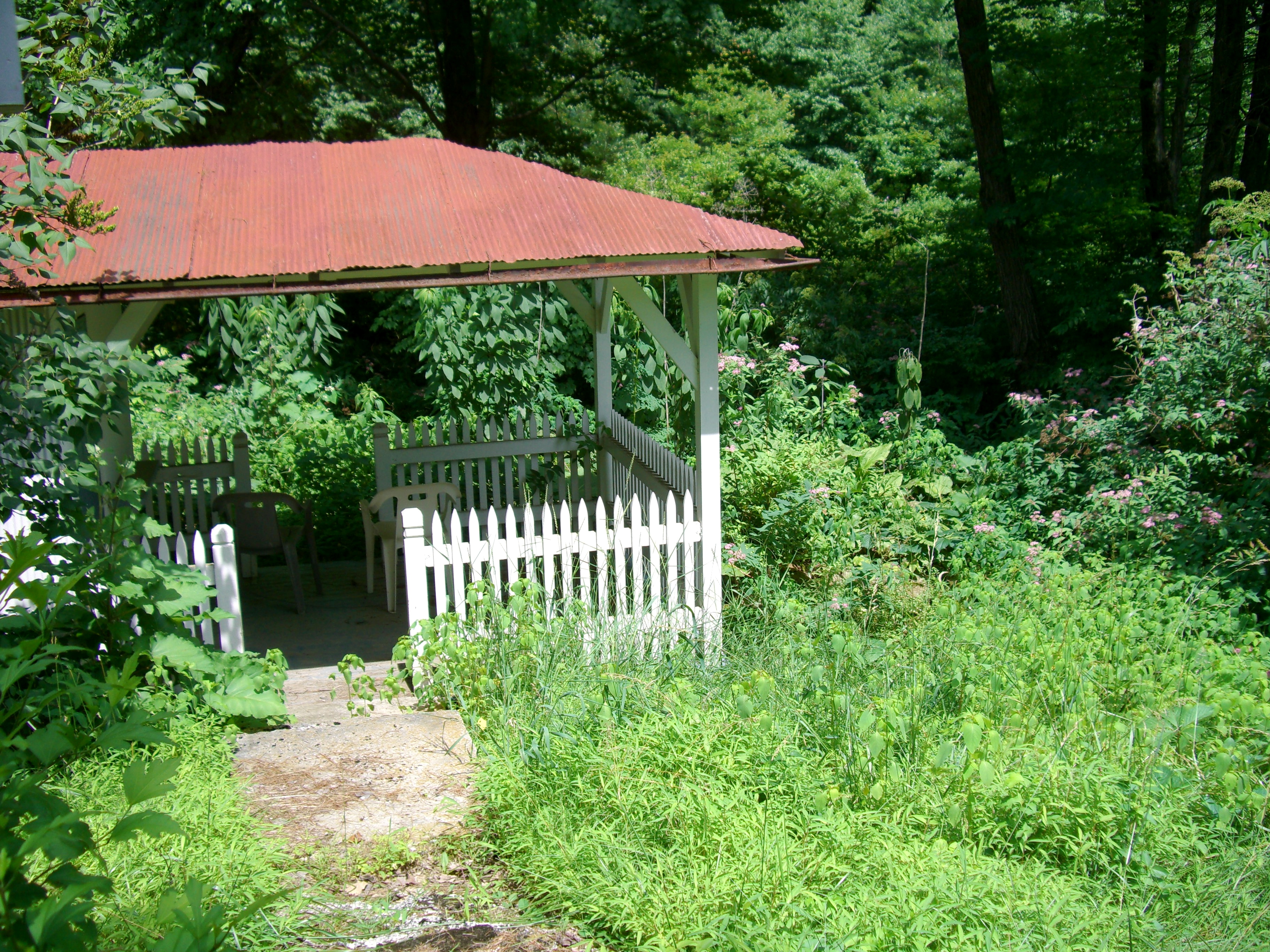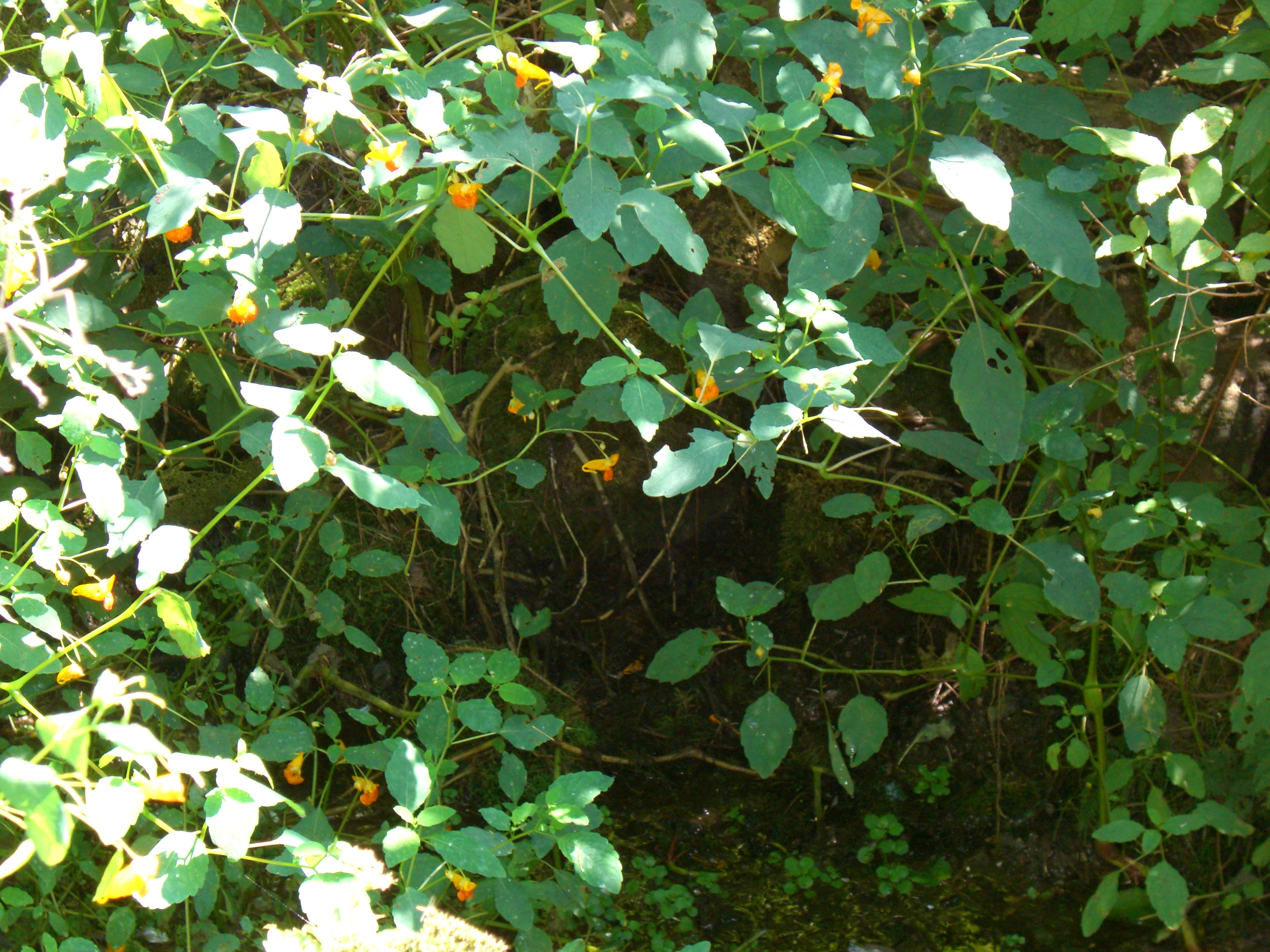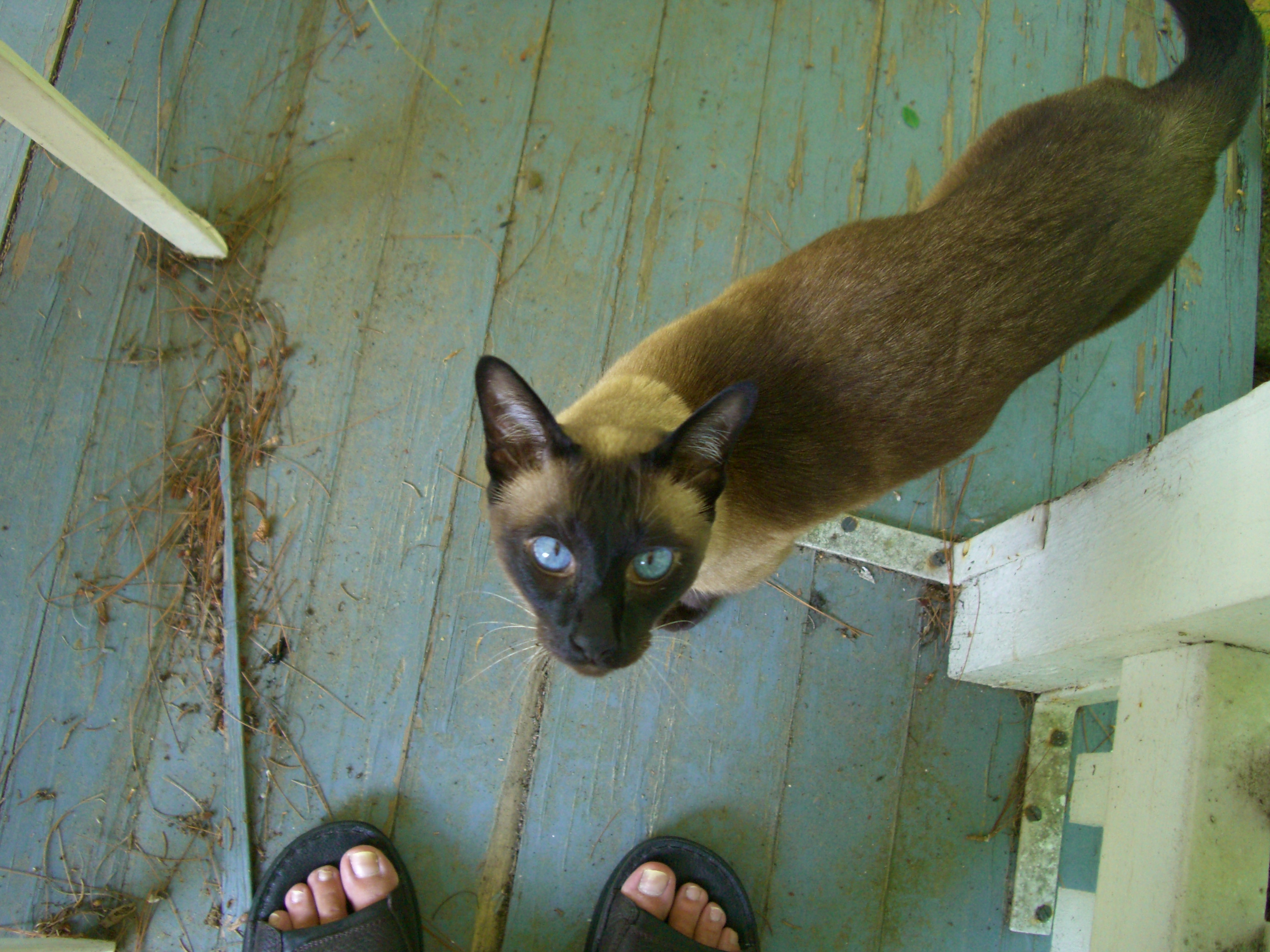I’m on a grand jury, state of New York, special narcotics, ten in the morning to one in the afternoon every weekday for a month. It takes thirty-five minutes to get there by bus, forty-five minutes if I walk through the Lower East Side, Little Italy, and Chinatown. I look forward to the walk on sunny days. This morning I think I was too strenuous with some yoga and have strained the muscles in my left arm and shoulder. In court my arm began to ache and then my chest. Quietly I’m sitting there thinking, “Is this a muscle spasm or the beginning of a heart attack?” I don’t want to alarm anyone and wonder if I should get up and leave. I’m not sweating and I’m breathing as evenly as I can, trying to relax. Of course it’s an aching muscle and not a heart attack: I’m such a hypochondriac I have to laugh.
It’s the second week of grand jury. We jurors do take it seriously, dress nicely and sit up straight. About two thirds of us are white, one third black; the juror who sat on the bench today to read the “Do you swear to tell the truth” speech is a Haitian immigrant. Her thick articulate French accent made me proud to be an American. There are no Chinese jurors. Perhaps all those I see gambling in the park on my way to court are illegals who don’t vote. One of the jurors, Edna, is a pianist. She teaches at Hunter, my alma mater. Edna was Israeli. Her husband grew up in Argentina, a German Jew whose parents fled the Nazis. In Argentina his neighbors were also German, Nazis who fled after the war. Edna’s husband grew up playing with the Nazi kids next door. I tell Edna, “It’s a crazy world.”
We move on to more crack arrests. In the state of New York drugs are good for the economy, especially for people of color. Many of the drug dealers are black or Hispanic, and so are the under covers, and many of the assistant D.As. so far have been black. It seems to me drugs should be legal, if we live in a free country anyway. If drugs were available and cheap, would more people be doing them than are doing them now? I know for sure, if drugs were legal and taxed there would be a lot fewer judges, lawyers, jurors, cops, wire tappers, translators, and people doing the paper work at the courthouse.
Cachito, my cat, doesn’t think about crack. Is there a fly to catch? Where is a good spot to nap? The sun feels good on the pillow here. Mmmm this tuna juice is the best. He likes to sleep at my feet and then on my chest in the crook of my arm where sometimes he’ll lick my face and meow “Get up! Get up! Let’s play!” Now that it’s getting chilly he’ll slip under the blankets and stretch along my legs. In the morning when I’m gone he’s been seen doing somersaults in the window. When I come home, he’ll skid on the rug to meet me. Later he’ll jump in my lap to help me type, or head to the door reaching for the knob when I go out, wanting me to think he’s helping me turn the knob, but what he really wants is to run out in the hall and stretch out taut on the dusty tiles. What he loves most of all is to catch my hand or the tassel on the string springing up, up, joyously up to grab it. Perhaps if Cachito had nothing to catch he’d smoke crack.
It was a slow day in court. Many of the jurors were upset about the Palestinian boy getting shot, especially the black women. The jury was pro-Palestinian in its fury. Edna the Israeli felt outnumbered and turned to me saying, “But it’s really not like that. Most Israelis are doves.” New York City has tightened security in lots of public places, especially around mosques and synagogues, because of the rioting in Israel and the sad explosion in Yemen. I do think presently Israel has been trying to do the right thing, but there seems to be endless bad blood between them. Over the years, one could easily debate, the Palestinians usually, almost always got the shitty end of the stick. But the footage of the Israeli soldier thrown from the window and beaten to death by the angry surging crowd was as horrible as the Palestinian boy getting shot and dying in his father’s arms as his father, also shot, slumps. In New York Jews gathered to protest the current Palestinian violence and began to argue among themselves, those who wanted all the Arabs out of Israel, and those who didn’t. Edna asks, “What do you have when you put two Jews together?” “I don’t know. What?” “Three opinions.”
I was thinking about escaping to Mexico this morning, fried an egg lightly, sprinkled on some chili and ate it over a mound of steaming rice. After court I took a bike ride to sit where I can see the traffic go tiny as ants over the Brooklyn Bridge, the Statue of Liberty tinier than my little finger in the distance, and the sun going down over the west. Again my shoulder and my armpit ache as I watch two sparrows jump in the dust lifting it up with their wings in what seems to be enviable happiness. The river is gray, the sky and the floating gulls are gray, but there’s still an optimism about it, like there’s light inside the color shining through. I was reading some poems in Spanish by Juan Ramón Jiménez, a wonderful poet. I needed my dictionary and realized a truth: “It’s more important to know the noun than the adjective.”
Riding my golden seven-speed Crossroads I see many Orthodox Jews praying along the East River in their dark clothes. During the Jewish New Year there is a ceremony called Tashlich. Jews traditionally go to the ocean or a river to pray and throw bread into the water in the hopes that the fish will symbolically eat their sins. Some joke that for ordinary sins you can throw in white bread and for exotic French, dark is pumpernickel, for complex multi-grain, twisted sins are pretzels and tasteless ones rice cakes. I stopped to ask a young husband, whose wife was reading the Talmud, if this was indeed what was called “Tashlich” and he said, “Yes.” Their little boy was eating a slice of pizza. They’d brought along a whole boxed pie of simple cheese and tomato sauce. I asked if they were going to throw a piece of the crust to atone for their sins. He told me he didn’t believe in throwing the bread to the fishes; he thought that was superstitious and meant to yearly ward off the evil eye; the atonement would come from actually praying in the synagogue tomorrow, he assured me. Tomorrow they will fast for twenty-four hours, even the little boy. That explained the whole pizza pie. I was really hoping they were going to throw some of the pizza to the fishes, but they didn’t. His wife was covered with an overcoat, dark stockings, wig and unattractive squashed squarish hat, almost as covered as the Muslim women passing by whose faces are completely hidden, veiled but for that slash of flesh around their peering eyes, pushing the baby strollers slowly in time with their toddling children, some of whom you might also see eating a slice of pizza.
When I was a chef years ago a Pakistani dishwasher told me I was the only nice Christian he’d ever met and when I died Allah was going to send me to the nicest part of hell, which is where you are allowed to lift one of your feet off the fiery floor at a time. When I was in Mexico last year finishing my book at the beach at the hotel I was staying at was an Israeli couple on their honeymoon. As we sat talking one evening looking out at the brilliant sunset over the Pacific, a man approached us and he and we smiled, but when he opened his mouth to ask if there was a vacancy at the hotel, it turned out he was Palestinian, on vacation like the Israelis, and you could see how quickly the distrust grew up and the tension between them, but then they talked, strangers in a strange land. Before they spoke each thought the other was Italian. Ironically there was no vacancy and when the Palestinian left the Israelis told me, “We have no quarrel with him.” The Israeli husband said to me the next day as we watched his buxom wife walk bare-breasted down the beach, “She will bear me many sons.” The Israeli was young and hip, yet what came out of his mouth sounded so damned Old Testament in a traditional way that I was struck by it, and it was something I might expect to hear coming out of the mouth of an Arab too, those Palestinians as they mourn their dead sons and scream, “Death to the Jews!”
Is there a God? And if there is, whose? I remember the time I was ill with pneumonia, I had had a high fever for days; I knew I was so sick that I could die and raised my feverish face looking up to the starry cosmos, the swirling bedroom ceiling above my head. I felt, like when the poet Lucretius writes about bodies breaking up into atoms, that I was beginning to disintegrate, melt, go back to where I’d come from and my feelings and thoughts were not of heaven or hell but of gratitude, I really felt grateful, thankful that I had lived. Polite people go to heaven I think. Remember to say, “Thank you.” Though I imagine I might not feel grateful after a prolonged illness. Or how thankful would one be if death were coming as suddenly as it came for those young workers recently at Wendy’s, suffocating with plastic bags over their heads, waiting to be shot in the head by murderers high on crack? Being blown up quickly into little pieces by a terrorist bomb might be something to be grateful about. Is anyone going to blow us up in New York? Well I’m not going to worry about it, but ride my bike into the head wind off the East River.
When I used the words “the Almighty” in an e-mail, a friend e-mailed back an exclamation in response: “DON, YOU ARE THE ALMIGHTY!” I would never presume to say, “I’m God.” Perhaps I could say, “I’m home.” My mother’s mother said as she was dying, after painful months of pancreatic cancer, “I’m going home.” Allen Ginsberg said as he was dying, “I always thought I’d be terrified, but I find it exhilarating.” When my friend Paul Terry was dying of AIDS, his sister asked him if she should call a priest. Paul told her, “I’ve already had my last sacrament,” pointing to a Coke he’d just sipped and that was that. After twenty years I know no one except my friend Curtis who has AIDS. Curtis is like the best for last. Curtis lived in Germany and speaks the language fluently and speaks fluently about many things because he is always thinking. His kidneys are shot—grueling dialysis three times a week—and he’s gone blind, which has been hard because the visual sustains my friend. Curtis has fabulous art books around his bed but their consolation has come to an end. Or has it? Now he is remembering his favorite works of art and there are perspectives to them, he says, that he is seeing for the first time in his head. He had a bout of pneumonia, a wracking cough. I would hold his hand during dialysis as he twisted turning trying to catch his breath. He told me, “Don, there are angels all around the bed.” I couldn’t see them. “Are they like Botticelli angels or more like Giotto’s?” “Giotto’s,” Curtis informed me with a gasp.
Who knows what the future holds, but no matter what else happens, one good thing: when I was in Pennsylvania over the summer visiting my parents, I jumped in the pond all alone. I’ve always been afraid to be alone in deep water where I could imagine all sorts of illogical things rising to drag me down devouring—Lochness monsters, anacondas, you name it. Anxiety would rise out of the mud when I’d jump in without anyone around. Even with a little kid on the shore who couldn’t swim, I’d be fine; it was the lack of a human presence somewhere near that frightened me when I couldn’t touch bottom. Well something happened; perhaps it was finishing my novel, but now with nobody around I can walk to the end of the dock and dive and swim from one side of the pond to the other. No more alligators. Only frogs. It is good to see the frogs are coming back. For a few years you hardly heard or saw a peep. Returning by the pond I saw a frog was swimming out in the middle, perhaps coming from the other side, a distance but it paddled and kicked unbothered by any bass or water snake, making its way toward the shore and me, the ripples around it shimmering like the sun was under the surface too, constantly changing, like a script of light written over and over the dark water telling me that no matter what happens life is beautiful. I love to see a frog.
The following is a poem to remember the summer as we enter a brisk sunny autumn. It’s called Fireflies.
Like smoldering tips of sticks or coals
they glow in the grass. Light over all
begins to go. Night like a swooping bat
comes down the clouds and the white pine
Out of the sky where a star shines.
As eyes must blink they flash and fade, off, on
pervade, catch flame from grass to bush, move up
the bark into the trees out to the end
of every branch blooming a light
against the dark gently defiant.
While constellations stretch and hover
dippers, horses, virgins, snakes
endless little fires rise up the pines
and couple at the spires with stars.
It was around Labor Day in the South Mountain in Pennsylvania at my parents’ in the aftermath of a thunderstorm I was sitting at the spring house on the porch, my lap top perched on a bunch of stacked lawn chairs, me in one chair typing. All was wet, damp, dripping. The big Joe-Pye plants had all bent with the weight of their rusty pink decaying blossoms, the swamp succulents around the springs were gorged with water and their orange blossoms like a thousand tiny orchids—I used to call them honeysuckle, but it’s not their proper name—were open and ready for the bees who had just come buzzing rising along the stems and hovering buzzing entering humming—their searching noisy, their finding silent—as the last drops were falling from the trees, and the Rose of Sharon, changing colors from the deep dark purple centers flared with green sharp edges where the stamens stick out phallic and powdery white, unfolded enfolded lavender petals and opened them wide like stars or fireworks caught in time. Suddenly I heard a loud sound like somebody had dumped something big on my parents’ property or more like a giant foot that had just stepped and crashed through the woods. I had to go look. It was an old poplar that had fallen into the pond, uprooted from the soggy bank perhaps by the wind through its wet leafy branches. Whatever was the cause, it was gone face down in the rippling pond. I wanted to rope it and pull it to shore, cut it up, but my father would say no, “Let’s leave it for the little fish to hide out from the big ones.”
Some of my ancestors were French Swiss, Hugenots who left the Alsace-Lorraine in the 17th Century to escape the constant wars between Germany and France. One of them, Peter Yorty, bought land from William Penn and settled in what is now Lancaster County. He was lame and there is a town, Lampeter, named after him: Lame Peter. I was raised in the South Mountain in Lebanon County near Cornwall where the ore mines were. My father was an ore miner, my mother worked in the delivery room helping to deliver babies. I am the oldest of a brother and three sisters, the youngest one adopted. My grandfather, Lester Yorty, organized the union at the Cornwall Ore Mines in the thirties and the forties. From him I learned tolerance. He always said his Jewish employer in Philadelphia was a lot more Christian that his Christian employers were at the mines where he came to work in the twenties. When my grandfather arrived there were no safety regulations, or locker rooms and showers, no vacations or over time. He often remarked how his Jewish employer paid for his Christmas Day off, while his Christian bosses at Bethlehem Steel did not. They thought a turkey was enough.
When I returned to New York City, I found in the watercress I had taken from the spring—I’d also brought back basil and great meaty tomatoes—there was a little caterpillar on a leaf that I almost ate. Yellow belly, black line down each side, a white and black striped back, a little face the color of ocher. In the horror and disgust that comes after almost eating a mushy bug, I threw it in the trash can among ashes and sharp egg shells, but felt guilty and, leaving my salad, searched for it, but it could not be found. Later I saw it crawling on the outside of the trash can and put it in a bowl with some watercress where it has remained on the stove. It just gets bigger doubling in size making it easier to see its beautiful colors. I am taking it back to the spring and the watercress. This may be the only caterpillar from Pennsylvania to ever vacation in Manhattan. I’m sure it will be happy to be home again where the heart is.
September, 2000
NYC






The golden blossoms you used to call honey suckle is called:
“touch-me-not” or “jewel weed”…. It’s called touch-me-not because if you touch them the blossoms close, if you touch the seeds at the wrong time they pop open. vincent tripi wrote a lovely haiku about them… “Exactly when/ to pop the jewelweed pod/ dragonflies” – vincent tripi sept. 2009
Yes, I remember now. My nephew told me the name as well. But when I wrote it in September 2000 I didn’t know so it is in keeping with the time. It has beautiful names. I love the flower too; for me there are always springs and salamanders nearby: then all is right with the world. So glad to hear from you & so glad you read this. My blog is back up!